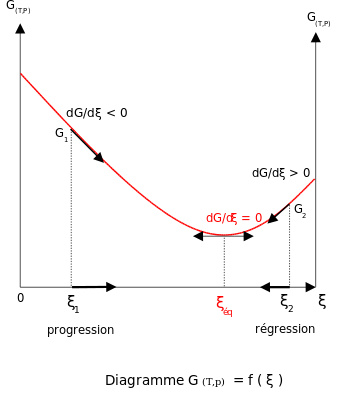1856 ⟶ William Henry Perkin synthesizes Perkin's mauve, the first synthetic dye
William Henry Perkin synthesizes Perkin's mauve, the first s...Year
1855
1856
1857
1862
1884
🛢️ Benjamin Silliman Jr. pioneers petroleum cracking
Benjamin Silliman, Jr. pioneers methods of petroleum cracking, which makes the entire modern petrochemical industry possible.⟶

Petroleum CrackingPetrochemical IndustryBenjamin Silliman Jr.Oil RefiningIndustrial Revolution19th CenturyChemical Engineering
 United States of America
United States of America🎨 William Henry Perkin synthesizes Perkin's mauve, the first synthetic dye
William Henry Perkin synthesizes Perkin's mauve, the first synthetic dye. Created as an accidental byproduct of an attempt to create quinine from coal tar. This discovery is the foundation of the dye synthesis industry, one of the earliest successful chemical industries.⟶

Synthetic DyePerkin's MauveWilliam Henry PerkinDye IndustryChemistryIndustrial Revolution19th Century
 United Kingdom
United Kingdom🏭 Robert Forester Mushet develops steel production process
Robert Forester Mushet develops a process for the decarbonisation, and re-carbonisation of iron, through the addition of a calculated quantity of spiegeleisen, to produce cheap, consistently high quality steel.⟶

Steel ProductionDecarbonisationRobert Forester MushetMetallurgyIndustrial Revolution19th CenturyEngineering
 United Kingdom
United Kingdom⚛️ Friedrich August Kekulé proposes carbon tetravalence
Friedrich August Kekulé von Stradonitz proposes that carbon is tetravalent, or forms exactly four chemical bonds.⟶

Carbon TetravalenceMolecular StructureFriedrich August KekuléOrganic ChemistryChemical Bonds19th CenturyChemistry
 Germany
Germany🧪 Parkes Exhibits Parkesine, a Early Synthetic Polymer
Alexander Parkes exhibits Parkesine, one of the earliest synthetic polymers, at the International Exhibition in London. This discovery formed the foundation of the modern plastics industry.⟶

Synthetic PolymerPlasticsAlexander ParkesChemistryMaterials Science19th Century ScienceIndustrial RevolutionParkesinePolymer Chemistry
 United Kingdom
United Kingdom⚖️ Henry Louis Le Chatelier Develops Le Chatelier's Principle
Henry Louis Le Chatelier develops Le Chatelier's principle, which explains the response of dynamic chemical equilibria to external stresses.⟶

ChemistryPhysical ChemistryChemical EquilibriumThermodynamicsLe Chatelier's PrincipleHenry Louis Le Chatelier19th Century
 France
France